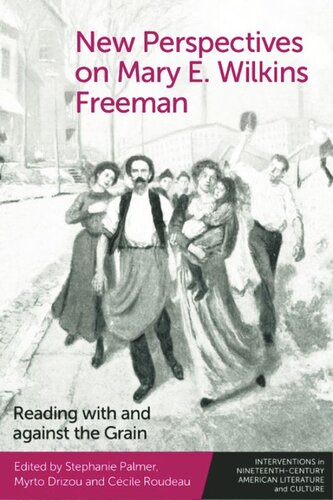

Most ebook files are in PDF format, so you can easily read them using various software such as Foxit Reader or directly on the Google Chrome browser.
Some ebook files are released by publishers in other formats such as .awz, .mobi, .epub, .fb2, etc. You may need to install specific software to read these formats on mobile/PC, such as Calibre.
Please read the tutorial at this link: https://ebookbell.com/faq
We offer FREE conversion to the popular formats you request; however, this may take some time. Therefore, right after payment, please email us, and we will try to provide the service as quickly as possible.
For some exceptional file formats or broken links (if any), please refrain from opening any disputes. Instead, email us first, and we will try to assist within a maximum of 6 hours.
EbookBell Team

4.4
42 reviewsFreeman is best known today for her short regionalist fiction. Recently, Freeman studies have taken new turns including ecocriticism, trauma studies, the Gothic, and queer theory. The essay collection pushes these developments further. Contributors aim at revisiting and going beyond Freeman’s regionalism. They challenge earlier feminist readings of the female realm by arguing that her short fiction and novels depict women and girls as violent and criminal, suffocating as well as nurturing; they bring to light questions of race and ethnicity that have been conspicuously absent from scholarship on Freeman, as well as issues of class. Because questions of women’s work are central to Freeman’s oeuvre, this collection discusses Freeman’s acumen as a businesswoman herself, a participant as well as a castigator of turn-of-the-century US capitalism. Finally, essays reconsider the periodization of Freeman by exploring her little acknowledged post-1902 and therefore post-marriage fiction—her war stories and her urban stories.